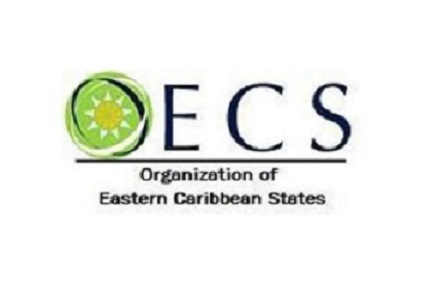Global warming is an ongoing crisis in which the Earth’s climate is being overheated due to fossil fuel burning, the rise of greenhouse gases, and an increase in human activities. While reversing these impacts is impossible, they can still be repaired. The world was 1.2°C warmer prior to the Industrial revolution. If this temperature increases to 2°C, there will be an increase in storms, flooding, wildfires, and droughts around the world.
Repairing the impact of global warming requires the use of sustainable energy or renewable energy. Renewable energy is energy that is virtually limitless and is naturally replenishing. Notable renewable energy sources like biomass which is energy from different forms of waste (biodiesel, biogas, wood waste, ethanol), solar (energy from sunlight), wind, hydropower (harnessing power from water that converts into energy), and geothermal energy (harnessing heat from the earth) can be used to combat the effects of global warming.
New and re-emerging plant pests and diseases have continued to spread due to global trade and travel, with biodiversity being devastated because of it. Weather is an important factor in plant pest distribution. Species that were not invasive in their non-native environment, are suddenly becoming invasive and preying on native species, while other indigenous species are suddenly becoming extinct due to a sudden change in ecosystems and weather patterns.
Moreover, the risks of pests spreading to tropical regions like the Caribbean in important sectors like Agriculture have only increased because of climate change. Many governments around the world have started to implement policies to decarbonize travel. Decarbonizing travel would mean fewer gas emissions to the atmosphere. For example, the use of electronic public transportation, cycling, walking, or even carpooling is energy-saving options. Reducing your carbon footprint through sustainable eating by buying local food and sticking to seasonal foods would reduce fossil fuel emissions and support local farms and businesses.
Presently, most Caribbean countries have started to implement sustainable energy-saving practices to negate the climate crisis. One of the main key elements of these practices in sustainable agriculture. Sustainable agriculture uses up to 56% less energy and creates 65% fewer emissions. Some of these practices include integrated pest management (IPM), agroforestry systems, sustainable agroforestry practices, precision agriculture, crop rotation, the use of cover crops, and others. This reduces the impact on the environment and increases adaptability to climate change while contributing to food security and diminishing rural poverty. While global warming has taken a toll on many countries, these countries are implementing measures to mitigate the effects.
Source:
UNEP – 10 ways you can help fight the climate crisis
NASA – Is it too late to prevent climate change?
FAO – Climate change fans the spread of pests and threatens plants and crops, new FAO study
CABI – Climate change and biodiversity – Helping farmers adapt to climate change
EIA – What is renewable energy?
IICA – The path towards sustainable agricultural practices in Latin America and the Caribbean
University of Windsor – Scientists explore emerging issues in invasive species research













